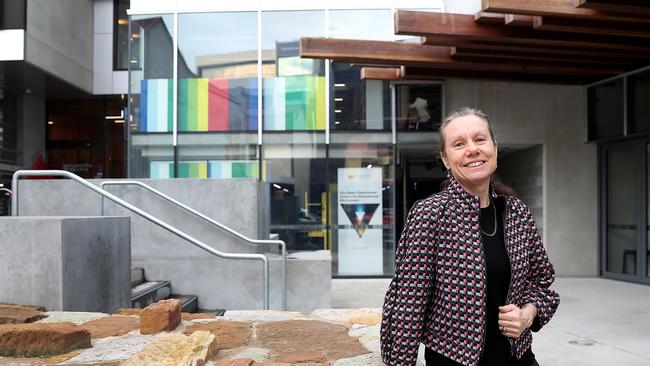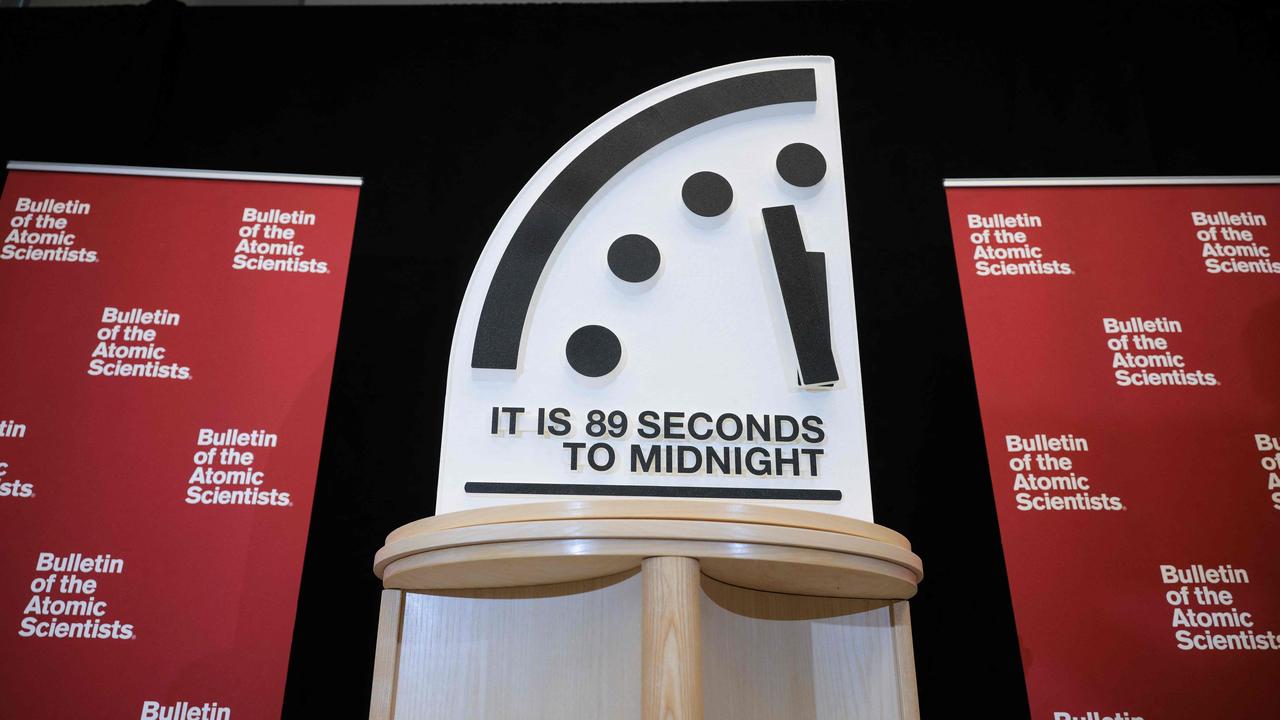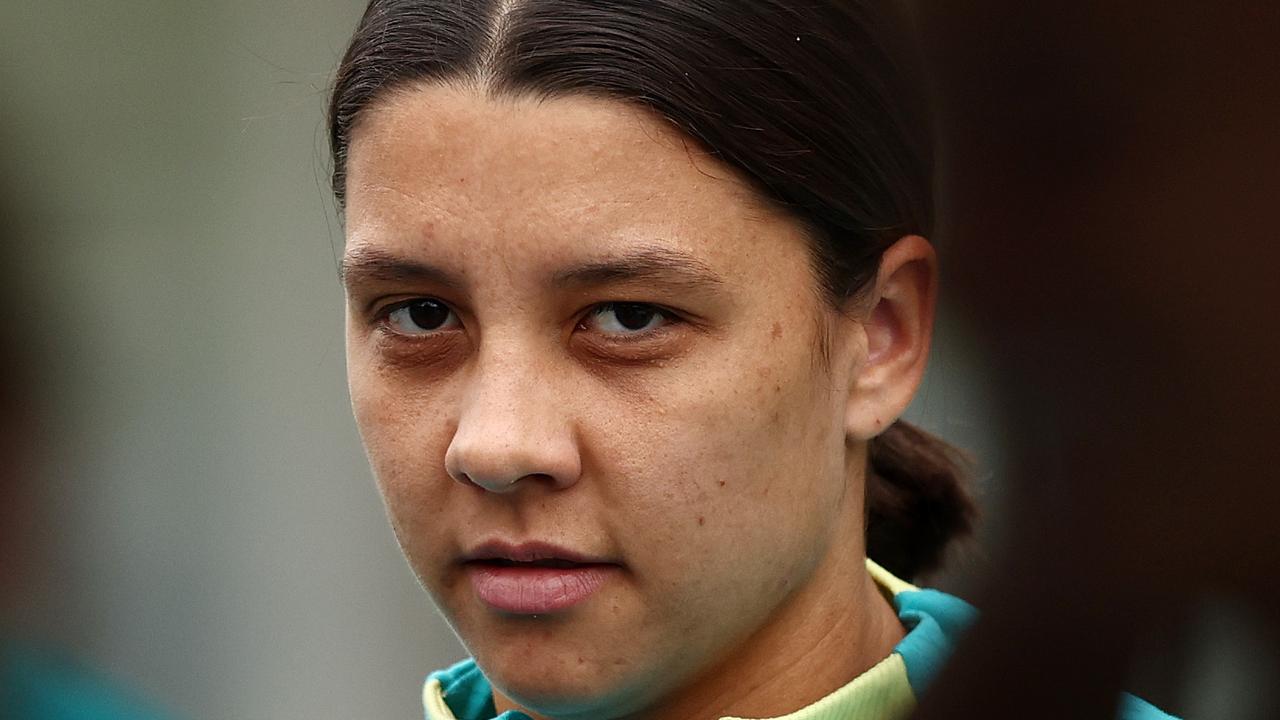PREVIEW: Arts-rich education will help lift literacy and numeracy
ABBEY MACDONALD and NATALIE BROWN: The world is watching Tasmanian educators who see the benefits of an arts-rich education that integrates science, technology, engineering, arts and mathematics

Opinion
Don't miss out on the headlines from Opinion. Followed categories will be added to My News.
Our educators are under increasing pressure to include more and more into an already crowded school curriculum.
At the same time we hear about the importance of literacy, numeracy and of STEM (Science, Technology, Engineering and Mathematics) in creating job-ready school leavers who can meet the needs of industry and society in the 21st century.
The benefits of an arts-rich education are also increasingly recognised as worthy of investment for a well-rounded educational experience and development of important transferable skills.
We would argue it is not helpful to privilege any discipline over another in providing a high-quality education. Complex societal problems cannot be fixed through singular disciplines or priorities.
The STEAM movement — teaching and learning and experiences that integrate Science, Technology, Engineering, Arts and Mathematics to enable interconnected understanding and skill development across disciplines — is gaining momentum in Tasmanian schools.
In many ways the STEAM education movement mirrors the vibrant interdisciplinary creative communities that are the driving force behind Tasmania’s growing national and international reputation in arts and culture.
Last week, the STEAM Horizons Symposium brought together educators, artists, researchers, scientists, industry professionals and entrepreneurs from around the state to share how they are working with teachers, schools and young people to solve real-world problems through STEAM.
There was a focus on how the arts can be used in meaningful ways to explore questions that matter to students. This visionary initiative of the Department of Education was live-streamed across the world, with an audience including leading Australian educators and the UNESCO Chair for Multimedia Education, based in Hungary.
STEAM educators are doing remarkable work to nurture creative capacities, communication, critical reflection, empathy, ethical considerations and collaboration with their students.
The goal for our society to become broadly and deeply literate and numerate is enhanced when we fully leverage arts-rich education experiences. The future workforce will need a breadth and depth of disciplinary specific knowledge and skills, as well as the ability to create, collaborate, co-generate and innovate within diverse and interdisciplinary teams.
The world is curious about Tasmania’s approaches to STEAM education. We should be celebrating the efforts and gains being made by Tasmanian schools who are engaging in these complex multi-sector collaborations to tackle our education challenges.
STEAM Horizons revealed that not only do we have dynamic and highly accomplished STEAM educators in Tasmania, we also have generous and highly collaborative people who are looking for ways to empower and support the efforts of schools to collectively tackle the challenges we face as a community.
Dr Abbey MacDonald, senior lecturer in Arts Education at UTAS, co-wrote this column with Professor Natalie Brown, director of the Peter Underwood Centre.


